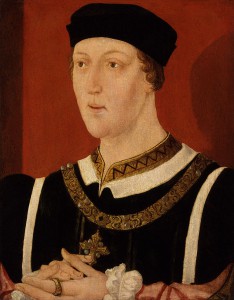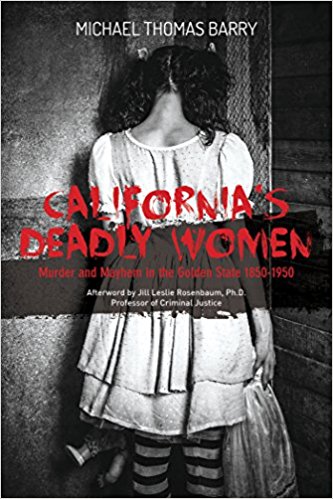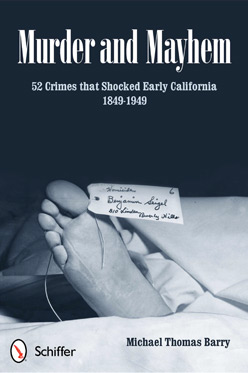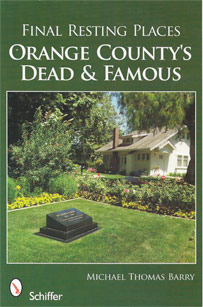12.06
King Henry VI of England was the only child of Henry V and Catherine of Valois, born on December 6, 1421. He married Margaret of Anjou in 1445; the union produced one son, Edward, who was killed in battle one day before Henry’s execution. Henry came to the throne as an infant after the early death of his father; in name, he was king of both England and France, but a protector ruled each realm. He was educated by Richard Beauchamp beginning in 1428. The whole of Henry’s reign was involved with retaining both of his crowns and in the end, he held neither.
Hostilities in France continued, but momentum swung to the French with the appearance of Joan of Arc in 1428. The seventeen year old was instrumental in rescuing the French Dauphin Charles in 1429; he was crowned at Reims as Charles VII, and she was burned at the stake as a heretic. English losses in Brittany (1449), Normandy (1450) and Gascony (1453) led to the conclusion of the Hundred Years’ War in 1453. Henry lost his claim to all French soil except for Calais.
The Wars of the Roses began in full during Henry’s reign. In 1453, Henry had an attack of the hereditary mental illness that plagued the French house of Valois; Richard, Duke of York, was made protector of the realm during the illness. His wife Margaret, a rather headstrong woman, alienated Richard upon Henry’s recovery and Richard responded by attacking and defeating the queen’s forces at St. Albans in 1455. Richard captured the king in 1460 and forced him to acknowledge Richard as heir to the crown. Henry escaped, joined the Lancastrian forces and attacked at Towton in March 1461, only to be defeated by the York’s. Richard’s son, Edward IV, was proclaimed king; Margaret and Henry were exiled to Scotland. They were captured in 1465 and imprisoned in the Tower of London until 1470. Henry was briefly restored to power in September 1470. Edward, Prince of Wales, died after his final victory at Tewkesbury on May 20, 1471 and Henry returned to the Tower. The last Lancastrian king was murdered the following day.












